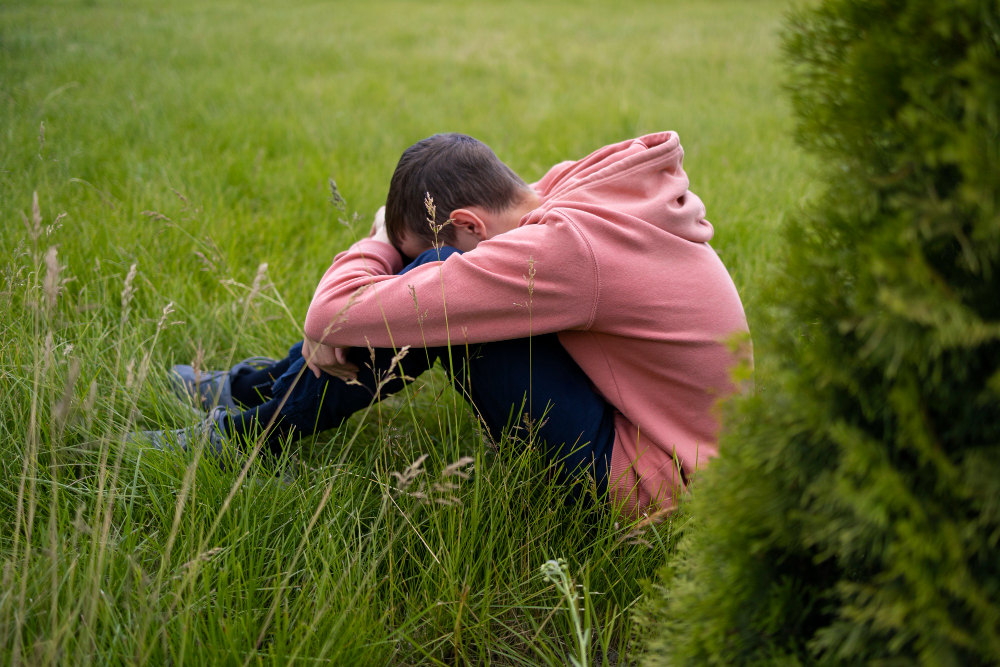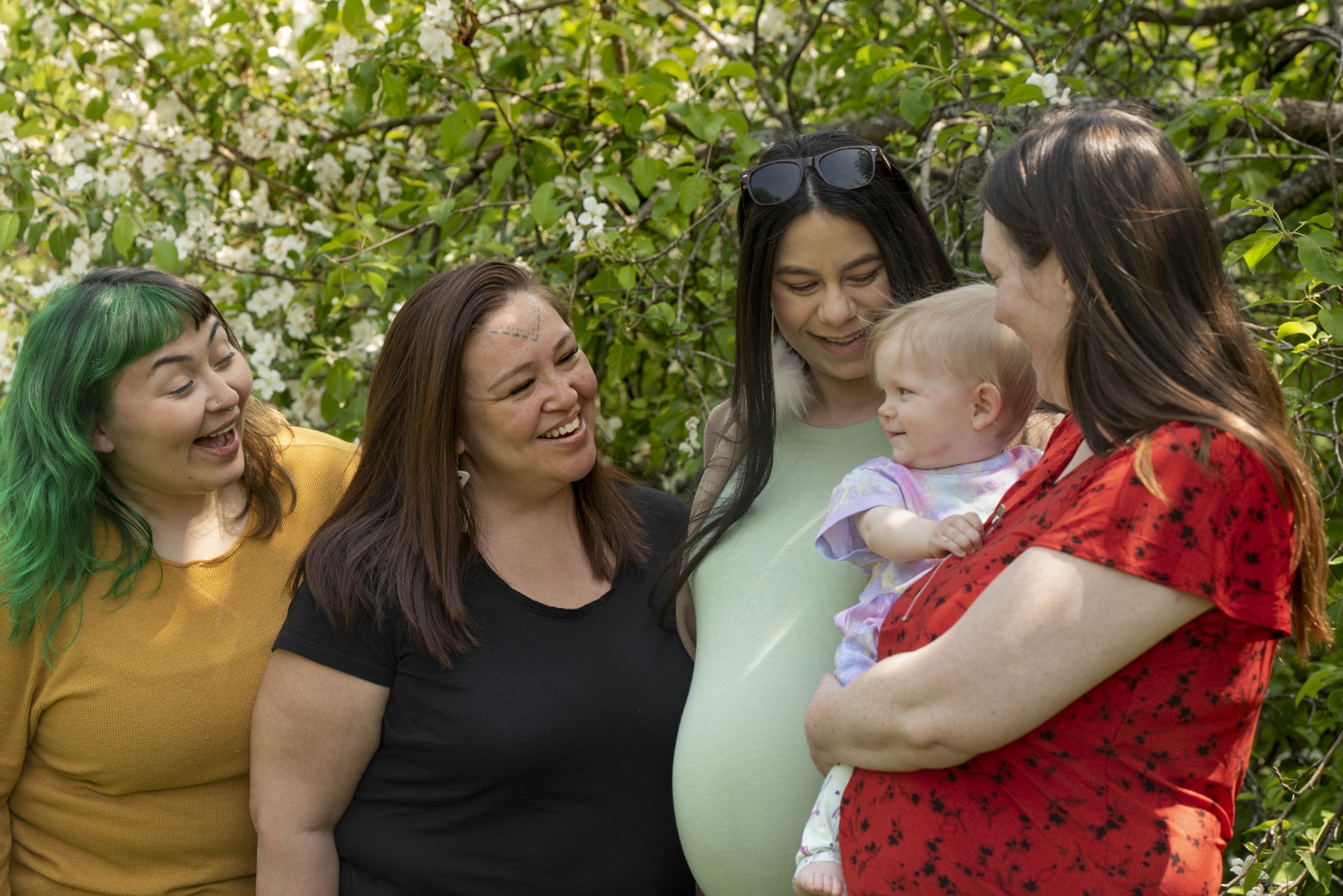I’ve woken up in the middle of the night to help my children when they’ve wet the bed—perhaps after a bad dream or too much water before bedtime. I remember helping them change their clothes, stripping the bed, telling them gently: it’s okay. It happens.
It’s a small moment that reminds me what care looks like in practice—dignity, softness, and being present when someone is at their most vulnerable. I can’t imagine responding with mockery, punishment, or shame. But for thousands of Indigenous children in Canada, that’s exactly what happened.
In residential schools across Canada, children who involuntarily wet the bed were routinely subjected to collective punishment, public humiliation, and physical abuse. This trauma was compounded by being forcibly removed from their homes, placed in unfamiliar institutions, and denied basic dignity.
What survivors told the Truth and Reconciliation Commission
Survivors described being:
- Beaten, exposed, and shamed in front of other children (Albert Fiddler)
- Forced to rub their faces in urine-soaked bedding (Russell Bone)
- Isolated in basements, denied water, and made to wash soiled sheets by hand (Helen Kakekayash, Alfred Nolie)
- Publicly mocked or lined up for ridicule, made to carry wet sheets on their heads through cafeterias (Louise Large, Josephine Eshkibok, Benjamin Lafford)
- Punished collectively, with entire dorms labelled as “wet dorms” or forced into degrading uniforms (Joseph Ward, William Paul)
- In extreme cases, made to eat excrement or scrub bloodied stairs for days as a result of kneeling punishments
Staff often weaponised other children as part of the punishment—ordering them to laugh at, mock, or ostracise those who had wet the bed. Others described being denied nighttime access to water or bathrooms, leading to dehydration or drinking from toilets and sink cloths in desperation.
These were not isolated incidents. They were systemic, punitive, and deliberately designed to instil fear and compliance. Rather than offering care or addressing trauma, these institutions intensified the very distress that caused bedwetting. The result was deep, enduring shame—and in many cases, lifelong psychological scars.
Read their testimony in The Survivors Speak (TRC, 2015)
-
Reconciliation demands that we put collective punishment aside
Collective punishment in residential schools did more than punish children—it shattered the bonds between parents and children. For many parents who survived, the fear, shame, and trauma they endured complicated their ability to nurture trust in their own parenting. Emotional disconnection and disrupted…
Trauma doesn’t disappear with time
While few children today are punished for wetting their pants at school, many students in BC classrooms are the children or grandchildren of residential school Survivors—people who lived through these humiliating and violent punishments not long ago.
The trauma of public shaming, isolation, and bodily control did not end with the closure of the schools. It continues through families and communities, shaping how safety, authority, and discipline are experienced. Children from intergenerationally impacted families may carry heightened fear or vigilance around school-based authority.
Why collective punishment still hurts
This is one reason why group punishment—especially when it involves singling out, disciplining the whole for the actions of one, or using shame as a tool of control—can be disproportionately harmful to students from historically marginalised or traumatised communities.
When educators fail to recognise these legacies, they risk reactivating deep pain under the guise of behavioural management.
A betrayal of trust
Imagine surviving a residential school—surviving the beatings, the humiliation, the fear of speaking your own language or wetting your bed or looking a staff member in the eye. Imagine carrying that pain for decades, building a life in its aftermath, and finally sending your child to a public school, believing things have changed.
And then one day, your child comes home and tells you they lost recess because someone else misbehaved. Or their whole class was kept in because one student shouted. Or their whole table was denied participation—not for what they did, but for what they witnessed.
That is not a neutral practice. It is a breach of trust.
Don’t repeat what we claim to have learned
Public schools have an obligation not only to teach history—but to not repeat it. If Indigenous families and survivors are asked to entrust their children to the very systems that once harmed them, that trust must be met with care, accountability, and justice—not coercion.
End collective punishment in BC schools
No child should be punished for another’s behaviour.
Children know from a very young age that this is wrong.
We call on the BC Ministry of Education and Child Care to end collective punishment in BC Schools.








